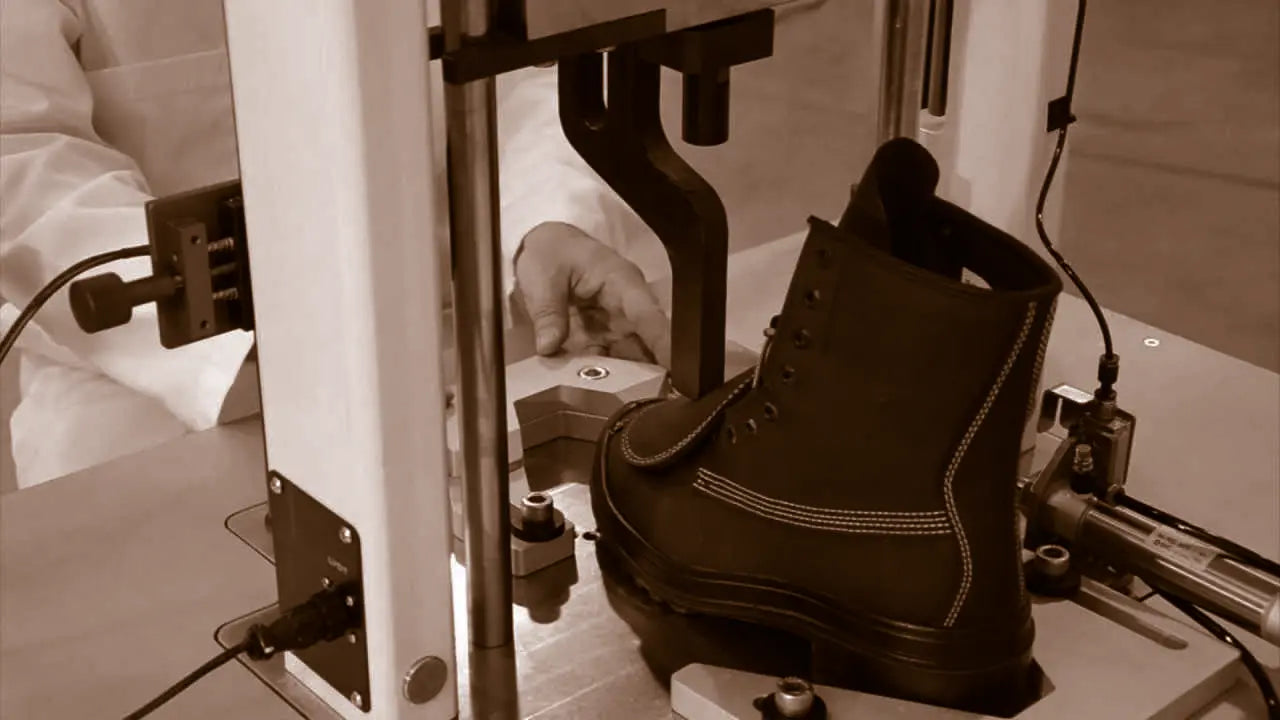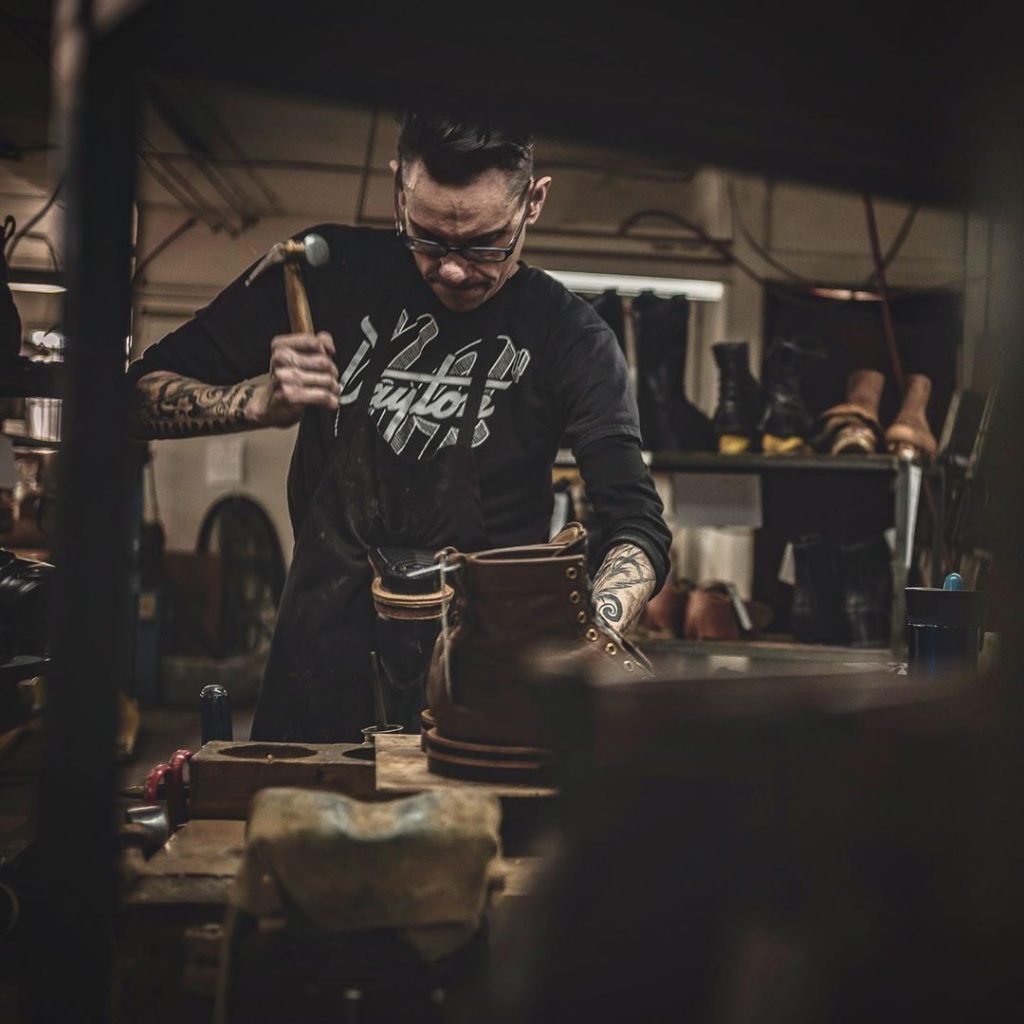In various industries, safety standards play a crucial role in ensuring the protection of workers from potential hazards. The Canadian Standards Association (CSA) is one such organization responsible for developing and maintaining safety standards. However, when it comes to custom boots, obtaining CSA certification can be a challenging endeavor. In this blog post, we will explore the reasons why custom boots can't be CSA certified as one-offs, shedding light on the complexities involved.
1. Consistency and Reproducibility
CSA certification necessitates strict adherence to standardized manufacturing processes and materials. To obtain certification, manufacturers must demonstrate that their products consistently meet all safety requirements outlined by CSA. For custom boots, achieving this consistency and reproducibility becomes significantly difficult. Each custom boot is unique, tailored to an individual's specific measurements and preferences, making it practically impossible to replicate the exact same product consistently.
2. Testing and Quality Assurance
CSA certification involves rigorous testing of safety footwear to ensure compliance with various performance and protection criteria. For mass-produced boots, manufacturers can test a sample size, and if they meet the criteria, the entire batch can be certified. However, with custom boots, the process is much more intricate. Each unique boot would require separate testing, making it both costly and time-consuming for manufacturers to certify individual custom products.
3. Financial and Regulatory Implications
Seeking CSA certification for custom boots would require significant financial investments. Manufacturers would have to carry out individual tests for each custom pair, hire specialized personnel, and invest in expensive equipment. The added costs would likely be transferred to the customers, making custom boots less economically viable.
Additionally, CSA has a responsibility to ensure that its certification process is reliable and adheres to high standards. Certifying custom boots would require modifying the existing certification framework, potentially undermining the integrity of the entire certification system.
4. Liability and Legal Concerns
CSA certification carries a certain level of assurance for consumers that the product meets established safety standards. However, with custom boots, the variability in design and fit could raise concerns about the liability of both the manufacturer and CSA. Should an accident occur while a worker wears custom boots that were certified as one-offs, determining responsibility could become legally challenging.
Conclusion
CSA certification plays a vital role in promoting workplace safety, and it is understandable why custom boots can't be certified as one-offs. While the desire for personalized safety gear is understandable, the complexities involved in ensuring consistent quality, reproducibility, and adherence to standards make it impractical for CSA certification. As technology advances, there may be opportunities to address these challenges, but for now, workers seeking certified safety footwear must rely on mass-produced options that meet CSA standards.
Wohlford has dedicated the time and expertise required to get CSA certification on many of their boots. Setting them apart from other competing brands.



